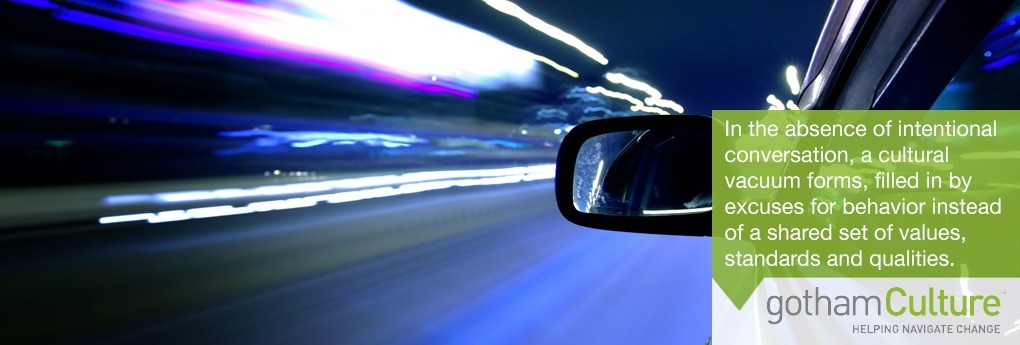I love Uber. I really do. I live in California but spend half of my time in New York, and for those of us who live on the road, the single greatest comfort is consistency. I know when I land, no matter where I land (mostly) I can open the app and call a car, skipping the taxi queue. I feel like a bigshot, too, on a budget.
With the recent bad press the new “sharing” economy pioneer has received, I started to wonder what is going on inside the company. While media coverage can be illuminating, it’s certainly not the whole picture about a company. And Uber’s recent press paints a picture of a company’s leadership more interested in settling scores, knee-capping their competitors and shooting the messenger than planning their future and creating value.
So on my last Uber ride, I asked my driver what his take was on all the recent coverage. I thought he would either shrug it off, displaying classic disengagement we see among so many frontline employees, or else vigorously defend Uber, who is known for making career opportunities among the classically disenfranchised labor force such as single mothers.
His answer was far more surprising.
Instead of addressing the topics du jour, he talked about his personal experience as a member of the Uber team. He said he didn’t like being treated like a “robot;” a cog in the wheel meant to take and fulfill orders. This reaction squares with another, more public view from the inside.
Granted, my driver’s comment was just one additional data point added to the canon of media coverage, but it rounds out the picture a little bit.
Most start-up companies focus on carving out a slice of the market – or in Uber’s case, creating a brand new market – and then filling that space. What often doesn’t get enough attention is the intentional conversation around culture. In the absence of that conversation, a cultural vacuum forms, filled in by excuses for behavior instead of a shared set of values, standards and qualities.
If you’ve ever heard someone explain why they did some shocking thing or another with “But you said the revenue targets had to be met!” or “My bonus isn’t based on whether my team likes me, it’s based on what I get done!” then you’ve seen the cultural vacuum in action.
It’s a culture on cruise control, letting other business priorities determine fundamental questions of identity, rather than choosing who you want to be as a company.
This isn’t a problem limited to start-ups, either. In more established companies, inertia often replaces the “do anything it takes” verve of a start up. If you’ve ever heard “That isn’t my job,” you know what I’m talking about.
Cultural vacuums are dangerous. It can be confusing for the people who work there, and can severely limit the growth potential of a start-up. Flame outs like Digg and Akimbo show that success takes more than just a great idea, good funding and a ready-made market.
I sincerely hope Uber redirects its energy to addressing its culture, towards making the drivers and support staff feel respected, where their contributions to the group are valued. I like their service, their drivers are great, and it makes my life easier. And while I don’t know how my Uber experience could get better, an intentional culture would help steer them through the PR storm they’re finding themselves in.

